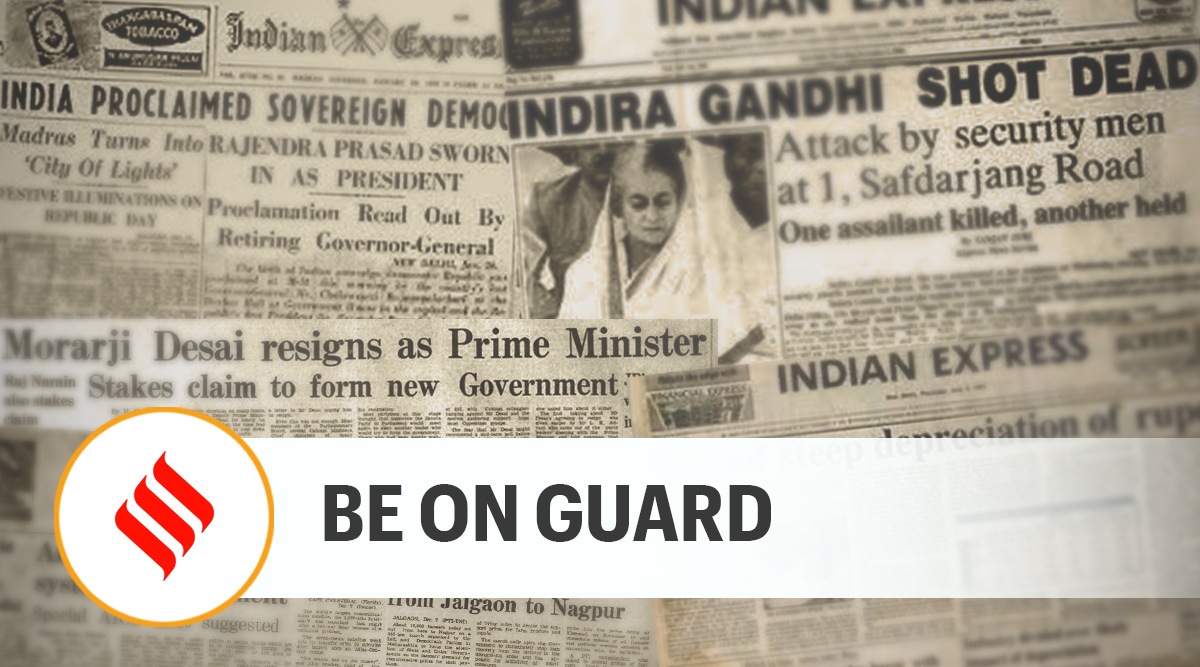 Last year, India's Covid curve started showing an upward trend around late February.
Last year, India's Covid curve started showing an upward trend around late February. Last week, India’s Covid case count went up by nearly 1.3 lakh, a three-fold surge compared to the previous week’s tally of about 46,000. The uptick has sharpened in the first week of the New Year with the country registering close to one lakh cases in the last four days. Many epidemiologists believe that the third wave of the pandemic is already upon India and have advised caution and strict adherence to Covid-appropriate behaviour. This public health message must now be owned and disseminated by the country’s political authorities. While several state governments have imposed curbs on the movement of people and restricted economic activities, there has scarcely been any attempt to enforce physical distancing norms in political rallies in the states, including Uttar Pradesh, Punjab, and Goa, where assembly polls are around the corner. Though election dates have not yet been announced, pre-election activity has assumed fever pitch, and, by all accounts, Covid-appropriate electioneering is conspicuously missing at roadshows and political gatherings.
According to the Union Health Ministry’s data, last year, the country’s Covid curve started showing an upward trend around late February. Around this time, crowded political gatherings, attended mostly by mask-less men and women, were held in West Bengal, Kerala, Tamil Nadu, Puducherry, and Assam. This went on till April 22, when, forced by the uncontrollable surge in the country’s caseload, Prime Minister Narendra Modi, till then in the thick of campaigning in West Bengal, cancelled a rally in the state. It was only an hour after the PM announced his decision that the Election Commission banned public gatherings of over 500 people. The timely conduct of elections is, of course, indispensable for the country’s democratic polity. But the EC’s action invited serious questioning of the poll monitor’s resolve to assert its independence from the political executive and conduct the polls safely in the face of a public health crisis. The turn of events last year should have led to serious thinking on a plan to ensure that the fervour of electioneering does not bring with it a dropping of guard against the virus.
In his address to the nation on December 25, PM Modi urged people to be vigilant against the virus. A day later, in his last “Mann Ki Baat” of 2021, he assured people that scientists were “trying to find ways to check the highly transmissible Omicron variant”. But the PM’s message of caution seems to have been lost on some of his party colleagues. In poll-bound UP, for example, Chief Minister Yogi Adityanath reportedly described Omicron as “a common viral fever” and said that Covid was on its way out, though he did ask people to remain alert. The second wave should be lesson enough for political leaders to desist from doing anything that could breed complacency amongst people. Caution must be the name of the game as the country enters a crucial phase in its continuing fight against the virus.
This editorial first appeared in the print edition on January 5, 2021 under the title ‘Be on guard’.
- The Indian Express website has been rated GREEN for its credibility and trustworthiness by Newsguard, a global service that rates news sources for their journalistic standards.

